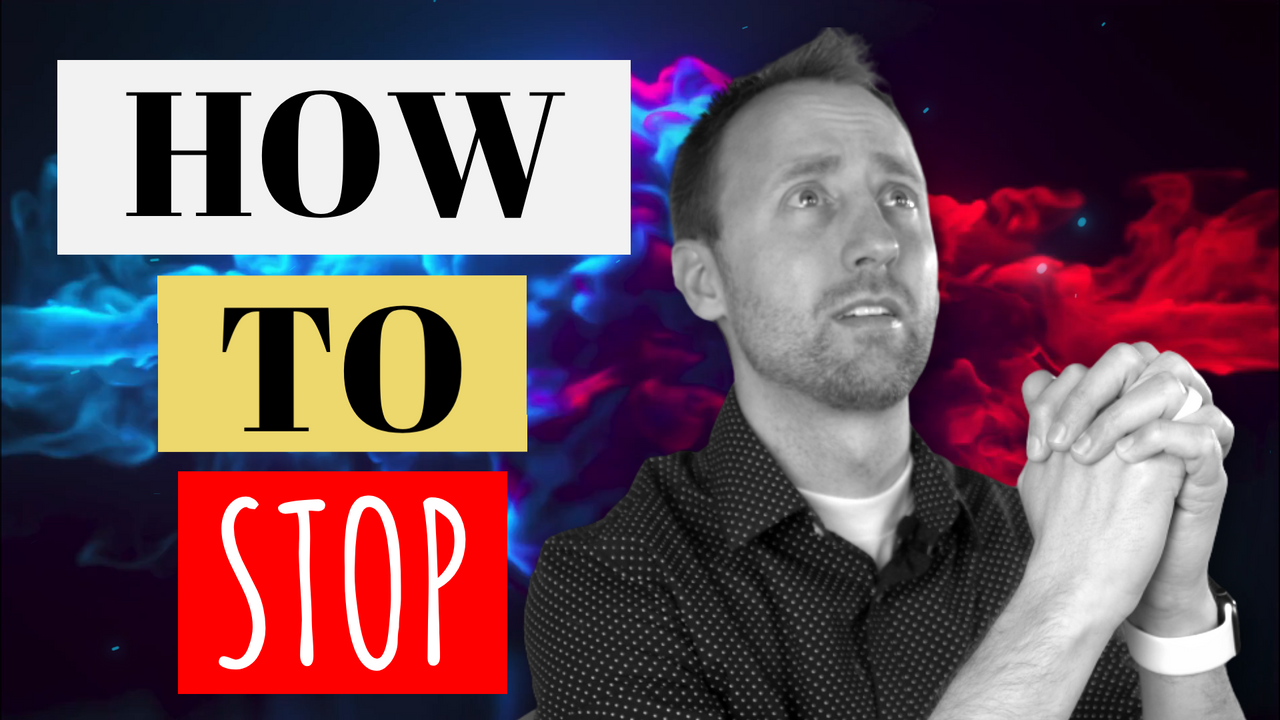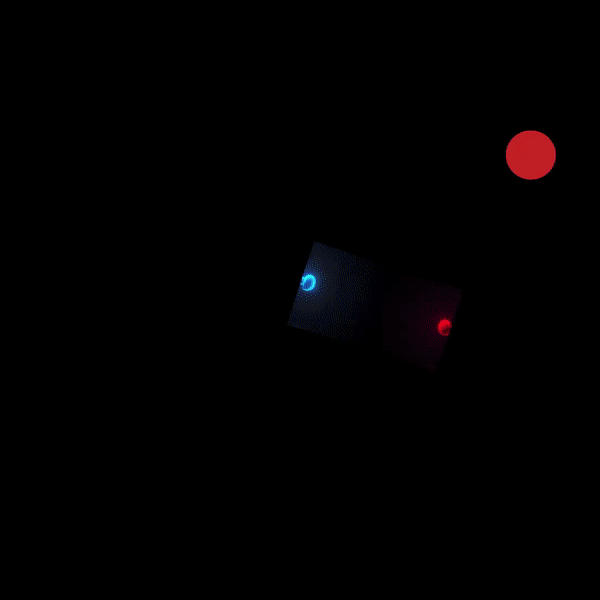How Do I Know If I’m Asking For Reassurance?
Jun 28, 2021
How To stop asking for reassurance
This video is sponsored by NOCD – NOCD is great. You get connected with a licensed, OCD-trained therapist right on your phone. They help diagnose what you’re experiencing, you actually do the most effective treatment for OCD with live video appointments online and you get support in between sessions by messaging your therapist. You can check them out at www.treatmyocd.com
A really common question that I get often is this. How do I know if I’m seeking reassurance? How do I know what I can ask and what I can’t? Our entire life we have been trained to seek for reassurance. We been trained to give reassurance. But if you think about any moments of your life, when someone gives you reassurance whether this is OCD related or not has it actually helped. And if it has how long does it last?
Before you’re about to go on stage in front of a lot of people someone will say you’re going to do great or you got this. Does this automatically change every emotion you have and now you’re super confident and nothing to worry about? I would guess not. So then why do we give this reassurance. We do it because it’s a temporary fix someone might feel great for a second maybe 10 seconds but we are who we are. Before feeling anxious or feeling anxious. If we have a what if in our mind were going to have a what if in her mind.
But because of this natural training we seek this reassurance throughout life. When it comes to OCD, reassurance tends to be one of the biggest compulsions that I see. So I can see where individuals are cautious when they’re trying to figure out if they’re seeking reassurance or they just want to know something.
Here are some indicators that might help you recognize if you’re using reassurance or if you’re generally curious. The first thing you do is recognize your motivation. You have a question in mind that you want answered. If you don’t get the answer to this question are you studying to be okay? Will you move on? We move forward? If you are motivated to find an answer only to feel better or to feel some relief you are likely searching for reassurance. If you’re only wanting an answer because you feel curious about something then go ahead. But again look at your reason for why you are asking. You have to be okay with not knowing the answer.
You can almost assume that if anxiety is present within an urge to know an answer we are just going to say OCD. Even if you’re wrong. Individuals sometimes come up with this guideline, if I’m feeling anxious whatsoever I don’t get to know this answer right now. I may reevaluate after the anxiety is gone to see how important it is for me to know this thing I want to know.
Reassurance is not just asking questions. It can be in the form of researching online, checking your body for different symptoms, or even reassuring yourself that everything is going to be okay that maybe thoughts are not facts.
While reassurance gives that very temporary fix. When some to go through treatment they are really learning not to seek this reassurance. Some may choose to write down every question that they continually ask on a piece of paper and have that handy to remind them that this is not the thing that you’re asking anymore. Some may ask their loved ones or friends to give them an answer like “maybe maybe not” to a question that you may have asked them multiple times. To remind you all right a message to be asking this.
But when individuals choose to not do the compulsion of reassurance, they need to know to do about this. It’s not just sitting through the anxiety and staring at a wall. It’s teaching your body how to respond differently to these thoughts and feelings. So we do this through exposure and response prevention. You are essentially responding differently to the fears that come your way. Through your body language, through thoughts, and through behaviors.
So to go back to the original question, how do I know if I’m asking for reassurance or not. Come up with a guideline for yourself, if you feeling anxious you’re not gonna do it. If you’re genuinely curious maybe you do. If you’re questioning if it’s reassurance or not you might just assume that it is.
So here’s my question for you, what things do you find yourself seeking reassurance for?

















